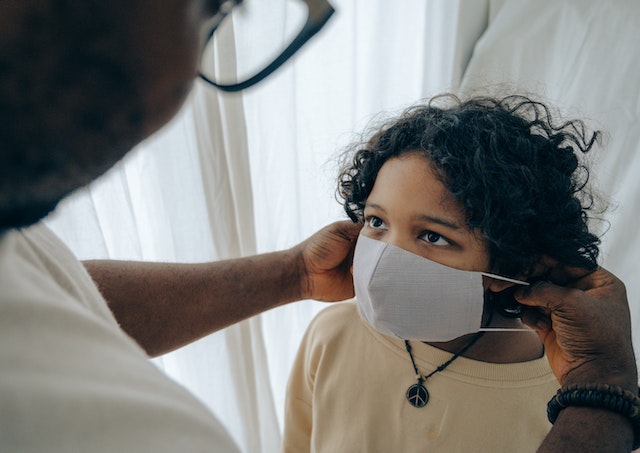Infection Control Tips - All You Need to Know
Infection Control Tips - All You Need to Know
Infection control plays a crucial role in safeguarding our health and preventing the spread of infectious diseases. Whether you’re at home, in the workplace, or in public spaces, following proper infection control practices is essential. In this blog post, we will explore a comprehensive set of infection control tips to equip you with the knowledge you need to protect yourself and those around you.
Get Better With Algebra Healthcare

Your Good Health Is Just A Call Away Visit our Social Media & Read Blogs
Your Good Health Is Just A Call Away
+971 501 317 063 / 800 200 100

Hand Hygiene:
One of the most effective ways to prevent the transmission of germs is through proper hand hygiene. Wash your hands with soap and clean running water for at least 20 seconds, especially before preparing food, after using the restroom, and after coughing or sneezing. If soap and water are unavailable, use an alcohol-based hand sanitizer with at least 60% alcohol content.
Respiratory Hygiene:
Respiratory droplets are a common mode of transmission for many infections, including the flu and COVID-19. When coughing or sneezing, cover your mouth and nose with a tissue or the inside of your elbow. Dispose of used tissues properly and wash your hands immediately afterward.
Vaccinations:
Stay up to date with vaccinations recommended by healthcare professionals. Vaccines can significantly reduce the risk of contracting and spreading infectious diseases. Common vaccinations include those for influenza, measles, mumps, rubella, hepatitis, and COVID-19.
Environmental Cleaning:
Regularly clean and disinfect frequently touched surfaces, such as doorknobs, light switches, countertops, and electronic devices. Use appropriate disinfectants that are effective against the specific pathogens you want to eliminate. Follow the manufacturer’s instructions for proper application and contact time.
Proper Food Handling:
Foodborne illnesses are a common source of infections. Ensure that you practice safe food handling techniques, including washing hands before and after handling food, cooking meats thoroughly, separating raw and cooked foods, and storing perishable items at the correct temperature.
Personal Protective Equipment (PPE):
In certain settings, such as healthcare facilities or during specific activities, the use of personal protective equipment is crucial. Masks, gloves, gowns, and eye protection can provide an additional layer of defense against the transmission of infectious agents. Follow the guidelines and recommendations provided by healthcare professionals regarding the appropriate use of PPE.
Respiratory Etiquette:
Encourage others to follow proper respiratory etiquette by displaying signs or distributing informational materials. Promote the use of face masks in situations where social distancing may be challenging, such as crowded public spaces or public transportation.
Stay Home When Sick:
If you’re feeling unwell or experiencing symptoms of an infectious illness, it’s essential to stay home to prevent spreading the infection to others. This practice is especially important during outbreaks or pandemics. Follow the advice of healthcare professionals regarding testing, isolation, and seeking medical care when necessary.
Avoid Close Contact:
Minimize close contact with individuals who are sick or exhibiting symptoms of an infectious disease. Maintain a safe distance of at least six feet whenever possible. Avoid crowded places and practice social distancing to reduce the risk of exposure.
Stay Informed:
Keep yourself updated with the latest information from reliable sources, such as national and international health organizations. Stay informed about outbreaks, recommended vaccinations, preventive measures, and any changes in public health guidelines.
Adhering to infection control practices is crucial in safeguarding our well-being and preventing the spread of infectious diseases:
By implementing these tips into your daily routine, you can significantly reduce the risk of infection for yourself and those around you. Let’s prioritize infection control to create healthier and safer environments for everyone. Stay informed, be proactive, and together we can make a significant impact in mitigating the transmission of infectious diseases.

